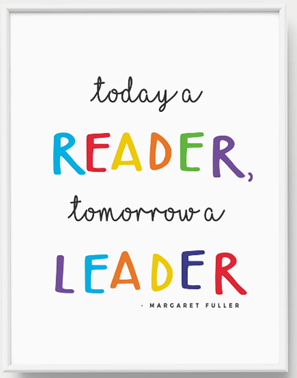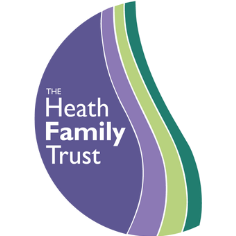Reading Curriculum

Early Reading and Phonics
In the early stages of reading, we teach, support, and encourage our children to explore books – to hold them, to connect with them and to investigate their contents. We believe that this initial introduction is essential to cement the foundations for a growing enjoyment of books and literature. We read to our youngest pupils daily modelling storytelling; showing how expert readers interact with books and texts around them.
When ready, we teach our children how to decode words using phonic skills as their main approach, alongside which we teach sight vocabulary. Once grasped, the focus for developing reading is understanding and comprehension. At Halsnead, phonics is taught daily to all children in Nursery (Spring 2), Reception and Key Stage One. We use the Read, Write Inc programme to teach children the letters of the alphabet and their matching sounds.
The children are taught to read words by blending, which means saying each sound and then pushing all the sounds together to make a word. The children are taught to spell words by segmenting, which means sounding out words and writing down the sounds they can hear.
The children are assessed and grouped according to their ability and work with a teacher or teaching assistant on the Read Write Inc programme. The children are regularly assessed by our Read Write Inc lead-practitioners to ensure they move through the programme at a good pace. At the end of each half-term, all children are assessed and then assigned to new groups according to their phonic knowledge and fluency when reading.
At the end of Year One, our children are assessed via the statutory Phonics Screening Check. The purpose of the phonics screening check is to confirm that all children have learnt phonic decoding to an age-appropriate standard.
Focused Reading
At the end of Key Stage One and continuing through Key Stage Two, we develop reading comprehension through our whole class ‘Focused Reading’ sessions. To support children’s learning, we use the VIPERS teaching approach. The VIPERS mnemonic helps our children to recall the main comprehension skills of Vocabulary, Infer, Predict, Explain, Retrieve, and Sequence or Summarise. High quality, appropriately challenging texts are chosen that link to all areas of our curriculum, and over a course of each half-term, children will have been exposed to fiction, non-fiction and poetry. As the texts are carefully planned to relate to our wider curriculum, this allows our children to reflect on their learning and connect with a broad range of texts. In addition, we also use Focused Reading to explore class novels in more depth. In these sessions, children are given the opportunity to consider authors’ intent; make connections and comparisons; and reflect on their own reactions as readers.
VIPERS
Story Time
Story time is a prized part of our school day. Every year group has story time, every day. Choosing books from our carefully designed Class Novel Spine, teachers share their own enjoyment of high-quality texts with the children in their class or from across school and effectively model expert reading.
Recommended Reads By AgeHome reading
Each week, children bring home books to share and read with an adult. This will include, when appropriate, a book at their phonics level or a 'book-banded level' and also a book of their choice. Please spend time reading with and talking to your child about what they read and help them to use their reading records to note their enjoyment of reading.


